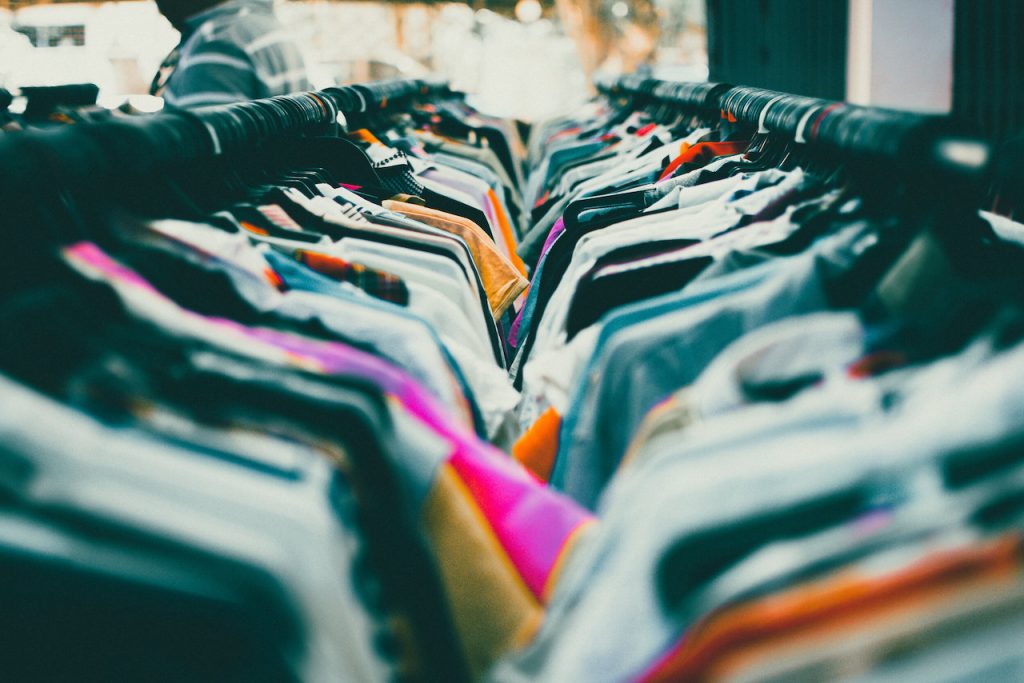THREE COMMON MYTHS ABOUT SHOPPING SUSTAINABLY

SHOPPING SUSTAINABLE MYTH
IT COSTS MORE TO SHOP SUSTAINABLY?
TRUTH: NO, IT DOESN’T.
You cannot tell whether a piece of clothing is ethical and sustainable just from the price tag. Ethical and sustainable products come in all price ranges, including some that are very affordable, at about the same prices as those from Fast Fashion brands.
On the other hand, there are luxury brands (a product perhaps worth several months of your salary) that were found to have weak labour standards and opaque supply chains.
If you are trying to have a more sustainable lifestyle, choosing quality over quantity, or even trying out Slow Fashion or making a Capsule Wardrobe, chances are that you may save a lot of money. That is because you buy less clothes that are only worn very few times before being forgotten or thrown away.
SHOPPING SUSTAINABLE MYTH
IF IT’S ‘MADE IN’ A DEVELOPED COUNTRY, IT’S PROBABLY SLAVERY-FREE.
TRUTH: NO, THE LABEL DOESN’T TELL YOU.
The “Made In” label tells you very little about labour rights in the supply chain. It only tells you where the last stage of production took place. For example, a shirt can say “Made in France”, but the cotton can be picked by a child in Ukbekistan, the fabric woven by a Uighur women in forced labour in China, buttons and threads can come from elsewhere and then finally, the shirt is finished in France. The label tells one story, but beyond the label, the entire supply chain can be full of human trafficking, modern slavery and other human rights abuses.
Conversely, if a label says “Made in Bangladesh”, that does not automatically mean that people are exploited or enslaved. Every country has good manufacturers, bad manufacturers and those in between. A good manufacturer can be providing good jobs in developing countries where they are most needed.
SHOPPING SUSTAINABLE MYTH
I SHOULD AVOID CLOTHES FROM BIG BRANDS.
TRUTH: NO, THAT IS NOT EXACTLY TRUE.
You may have heard of news about big brands using sweatshops. Does that mean we should stick to small boutiques and clothes without well-known brands? Not exactly.
In small shops, if the garment in front of you does not have a recognizable brand, it can be difficult to find information about how it was made, unless the shop you’re in offers this information to you. That does not necessarily mean there is a problem, it simply means that we don’t know.
With big brands, not all of them are created equal. Many big companies have systems to ensure labour standards, such as having third-party auditing. Others are not as transparent or accountable. Check out our tips on how to tell them apart.